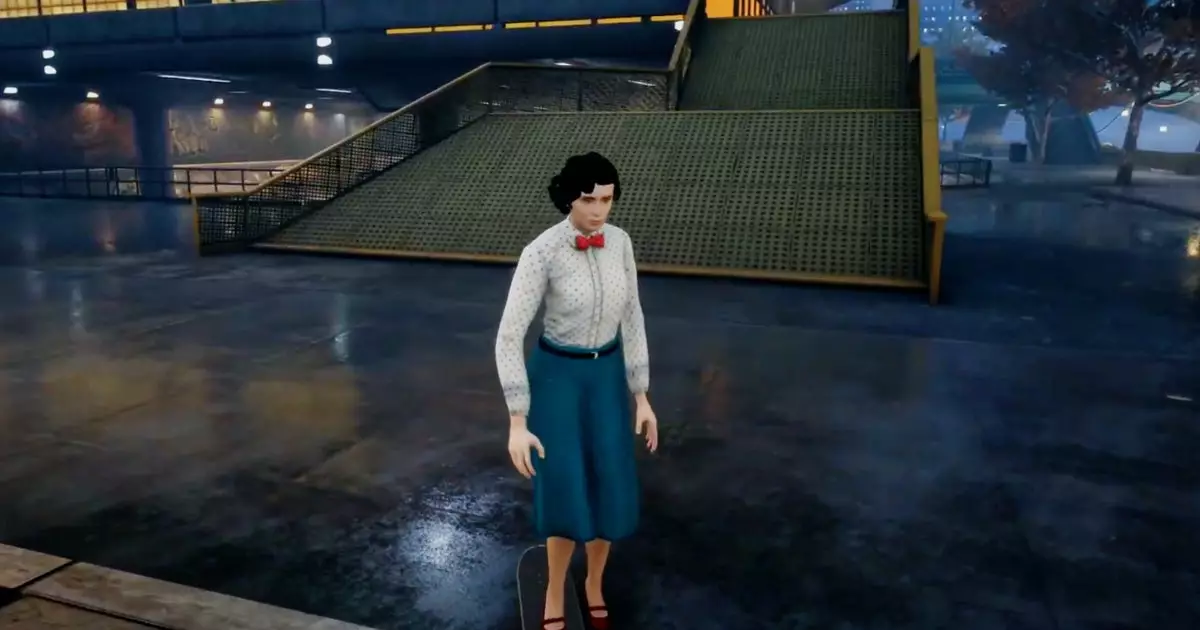In an era where gaming is often dismissed as mere entertainment, a deeper layer reveals itself—one driven by passionate communities redefining what a game can become. The recent launch of Tony Hawk’s Pro Skater 3+4 exemplifies this phenomenon, showcasing how dedicated modders breathe new life into beloved titles. From character swaps that range from cinematic icons to fictional superheroes, to user-friendly enhancements like quick startup features and immersive camera controls, the modding scene exemplifies the boundless potential of player-driven creativity. These adaptations serve not only as a testament to the enduring appeal of classic games but also as a powerful reminder that a game’s legacy can be extended and transformed long after its initial release.
What’s particularly striking is how modding fosters a profound sense of personalization. For many players, games are more than just preprogrammed experiences; they are canvases on which individual imagination can flourish. When someone replaces a skateboarding icon with Mary Poppins pulling off a 900-degree spin, it becomes a statement—an act of creative rebellion that pushes the boundaries of the original game design. Such modifications strip away the constraints of corporate scripting, granting enthusiasts the freedom to craft narratives and visuals that resonate personally. The inclusion of characters like Tommy Angelo from Mafia or Elsa from Frozen highlights a cross-pollination of genres and cultural icons, emphasizing that gaming communities are vibrant hubs of innovation rather than passive consumers.
The Cultural Significance of Playful Reimagination
This trend of humorous and surreal modding raises critical questions about the role of play and storytelling. Modders are not merely changing superficial details; they are actively reshaping the cultural significance of these games. Mary Poppins tearing up a skatepark, with a backstory involving her taking a break from her nanny duties to pursue skateboarding amid life’s chaos, illustrates how humor and nostalgia combine to forge new emotional attachments. Such creativity not only fosters community engagement but also challenges the boundaries of conventional storytelling within gaming.
By integrating characters from vastly different worlds—Tommy Angelo, Tony Soprano, even Master Chief on a mini-tank—modders demonstrate that gaming’s narrative tapestry is ultimately fluid. This democratization of content creation illustrates a fundamental shift: players are now co-authors of their digital experiences. This shift is empowering, allowing communities to breathe new perspectives into classic titles, which keeps these games relevant in the face of rapidly advancing technology and new franchises.
The Power of Accessibility and Innovation
Additionally, the availability of gameplay-enhancing mods, such as streamlining startup sequences or adding free-roam camera controls, reflects the community’s desire for quality-of-life improvements. These small but impactful tweaks can dramatically alter how players experience the game, transforming a nostalgic stroll into an immersive adventure. Such enhancements highlight a collective effort to make gaming more accessible, customizable, and engaging.
In essence, modding acts as a catalyst for innovation, bridging the gap between old and new. It allows players to experiment, remix, and personalize their favorite titles, turning static adventures into dynamic playgrounds. This fluidity fosters a culture where the question isn’t just “What did the developers envision?” but “What can I create?” The possibilities opened up by robust modding communities mark a turning point in gaming history—transforming passive consumption into active participation and collaborative creativity.
The proliferation of mods in Tony Hawk’s Pro Skater 3+4 underscores a vital truth: the essence of gaming is rooted in community and innovation. When players take ownership of their experiences, redefining characters, narratives, and mechanics, they forge a deeper, more personal bond with the games they love. This phenomenon signals a renaissance where the boundaries of storytelling and gameplay are constantly expanded—by, and for, the players. As modders continue to push creative limits, it’s clear that the future of gaming isn’t only about new releases but also about how communities reshape existing worlds into something uniquely their own.

